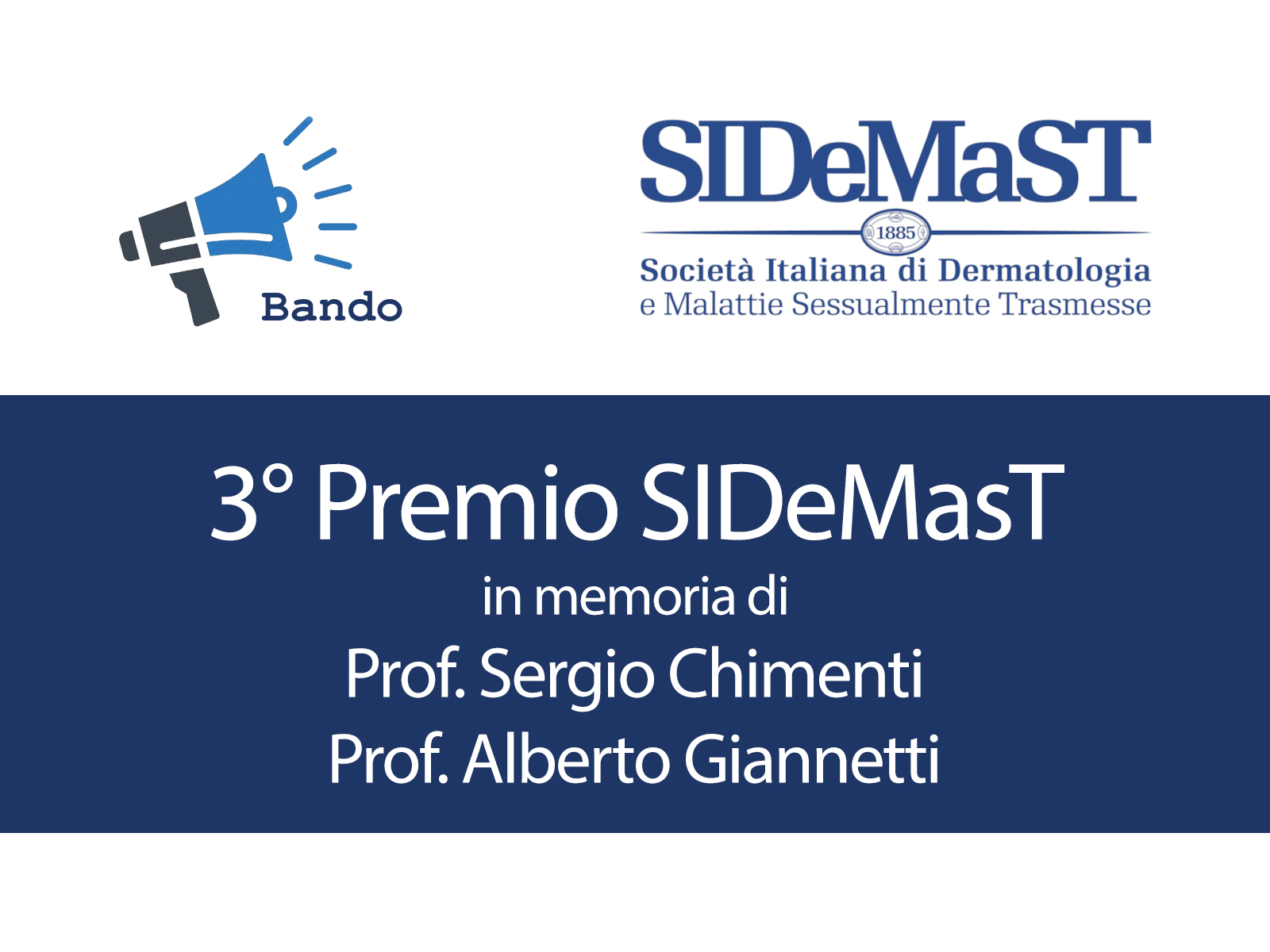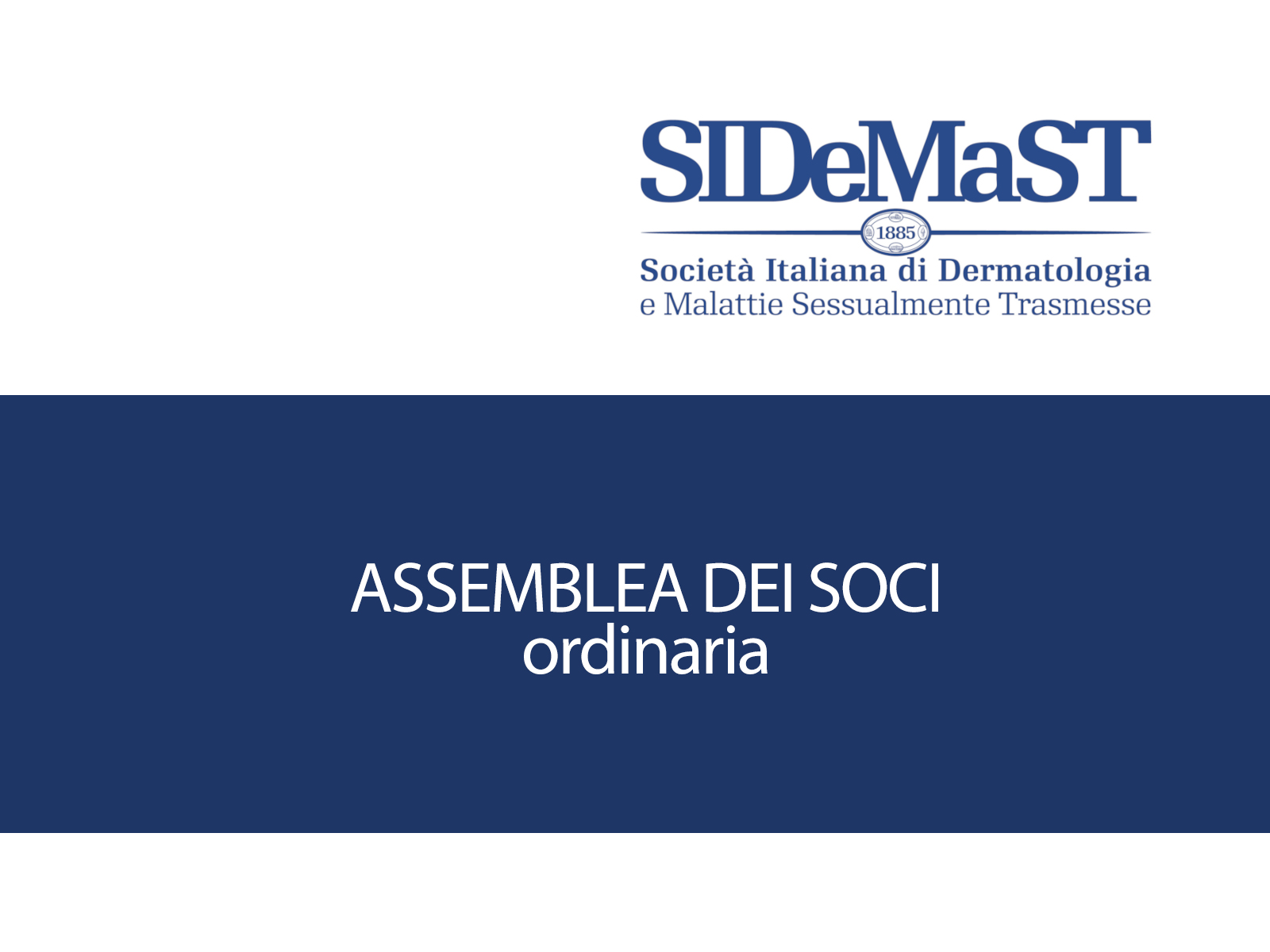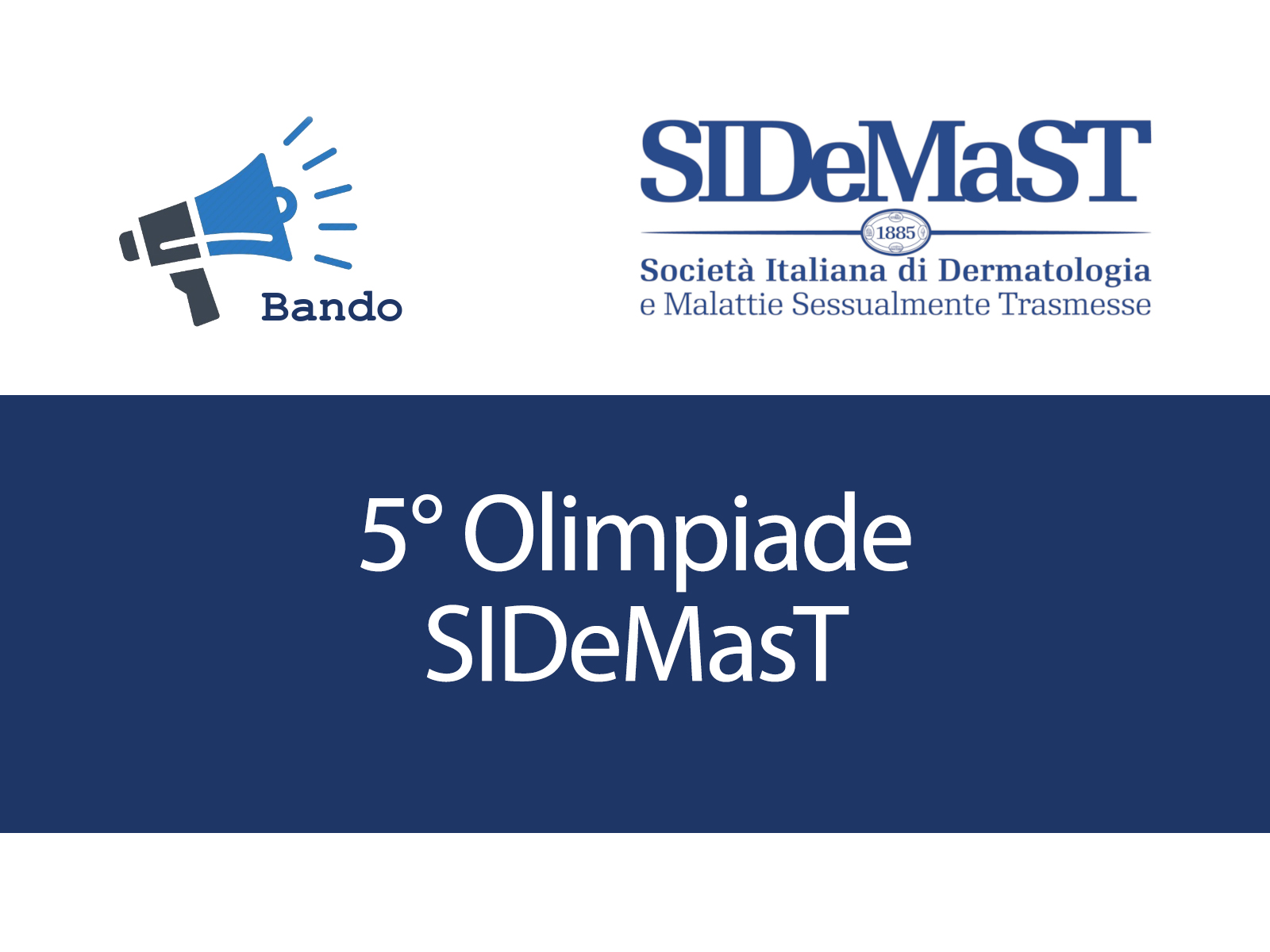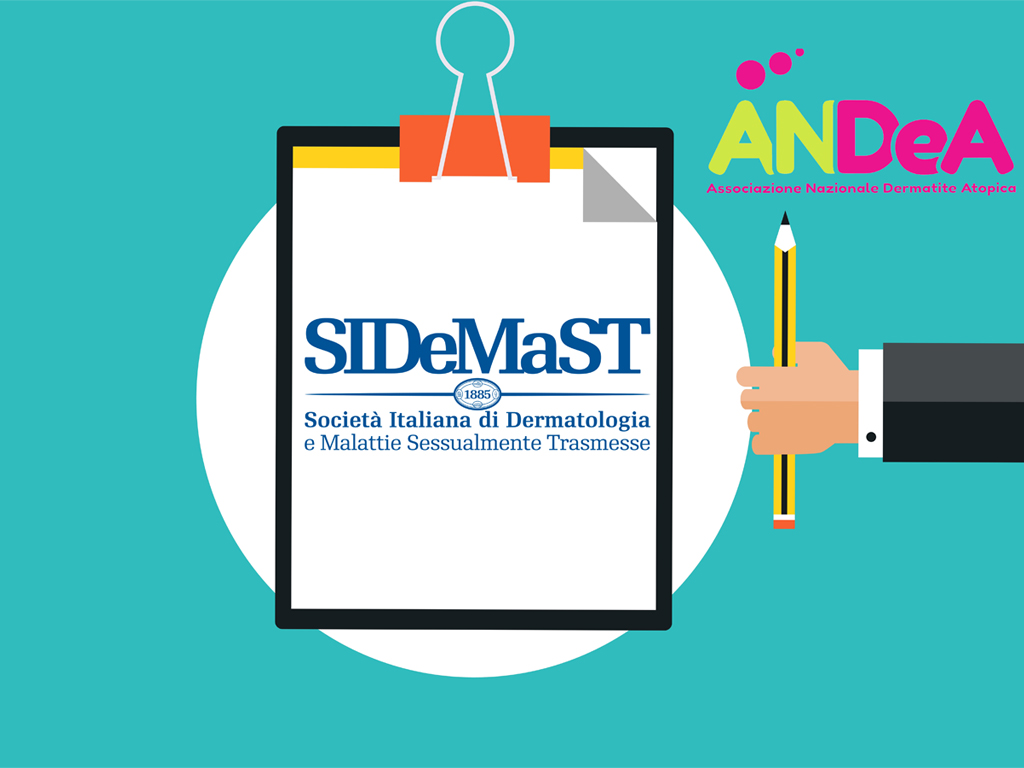The combination of ipilimumab and nivolumab shows greater improvement in the treatment of advanced melanoma compared with responses seen with ipilimumab alone in treatment-naïve patients, researchers said here on April 20 at the 2015 Annual Meeting of the American Association for Cancer Research (AACR).
"We found that the combination of ipilimumab and nivolumab provides a favourable risk-benefit profile in patients with treatment-naïve advanced melanoma," said F. Stephen Hodi, MD, Melanoma Center, Dana-Farber Cancer Institute, Boston, Massachusetts.
For the phase 2, double-blind study, the researchers enrolled 142 treatment-naïve patients with advanced melanoma. Among the patients, 33 had BRAF V600 mutations. Patients were randomised in a 2:1 ratio to ipilimumab 3 mg/kg plus either nivolumab 1 mg/kg (n = 95) or placebo (n = 47) every 3 weeks for 4 doses. The regimen was followed by nivolumab 3 mg/kg or placebo every 2 weeks until disease progression or unacceptable toxicity.
Among patents with BRAF wild-type, the overall response to the combination therapy was 60% compared with 11% in the ipilimumab plus placebo group (P < .0001).
Complete response in the combination group was 17% and there were no complete responders in the ipilimumab plus placebo group.
While there was a 57% reduction in median change to target lesions in the combination group, the ipilimumab/placebo group had a 4% increase
The median progression-free survival was 8.9 months in the combination therapy group, compared with 4.7 months in the ipilimumab monotherapy group (P < .001).
Among patients with BRAF V600 mutations, the overall response rate in the combination therapy group was 44%, including 17% who were complete responders, and 26% who were partial responders. There were no complete or partial responders in the ipilimumab plus placebo groups.
The rate of grade 3/4 drug-related adverse events leading to discontinuation was higher in the combination therapy group (54%) compared with the ipilimumab plus placebo group (24%). There were 3 treatment-related deaths in the combination group and none in the ipilimumab plus placebo group.
Dr. Hodi noted that 68% of the patients in the combination group who discontinued the regimen due to drug-related toxicity continued to experience a complete or partial response.
"There was a consistency of improvement [with the combination treatment] in the overall response rate and progression-free survival in both the BRAF wild-type and BRAF mutation-positive populations," said Dr. Hodi. "The ipilimumab and nivolumab combination safety profile was as expected, with no new safety signals."
Funding for this study was provided by Bristol-Myers Squibb.







